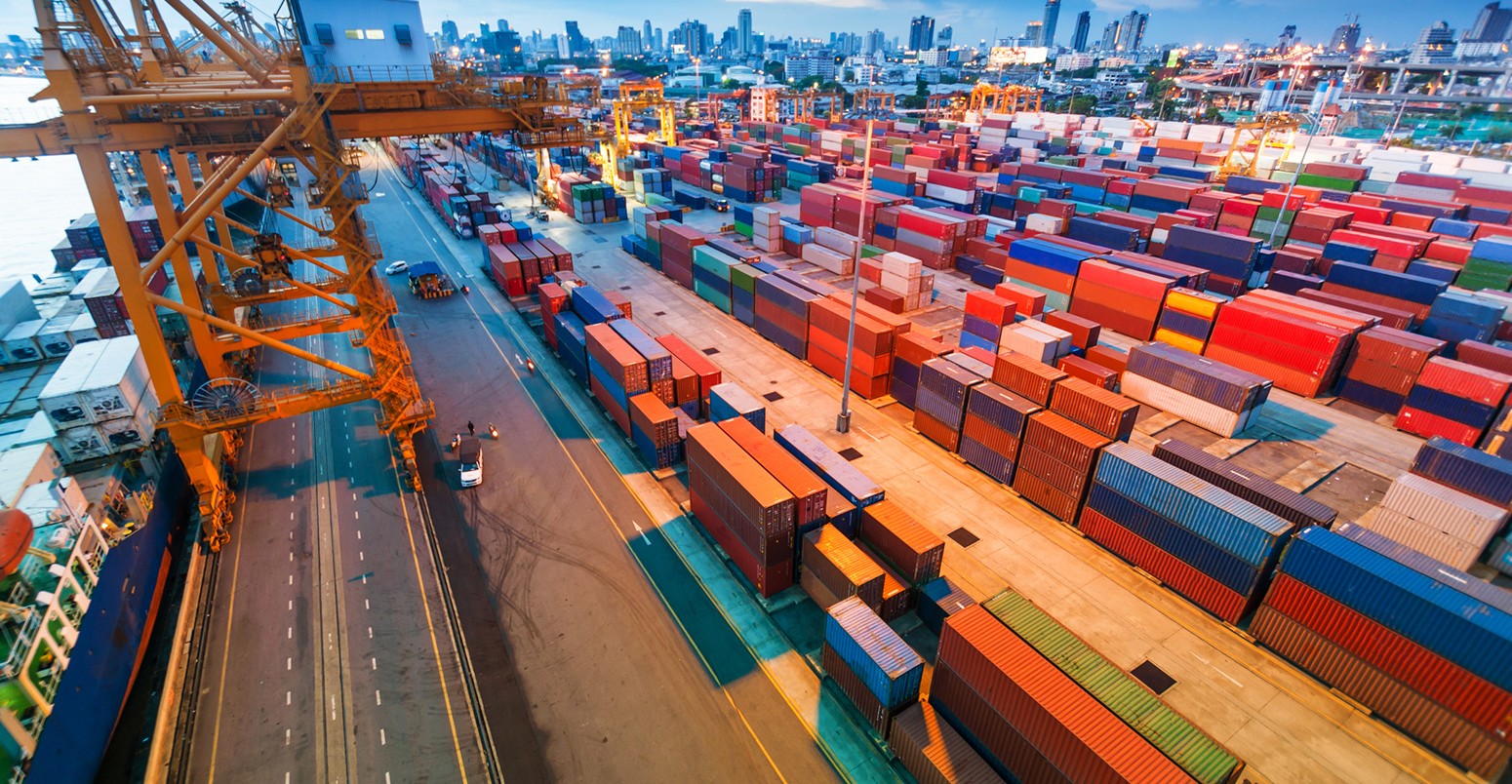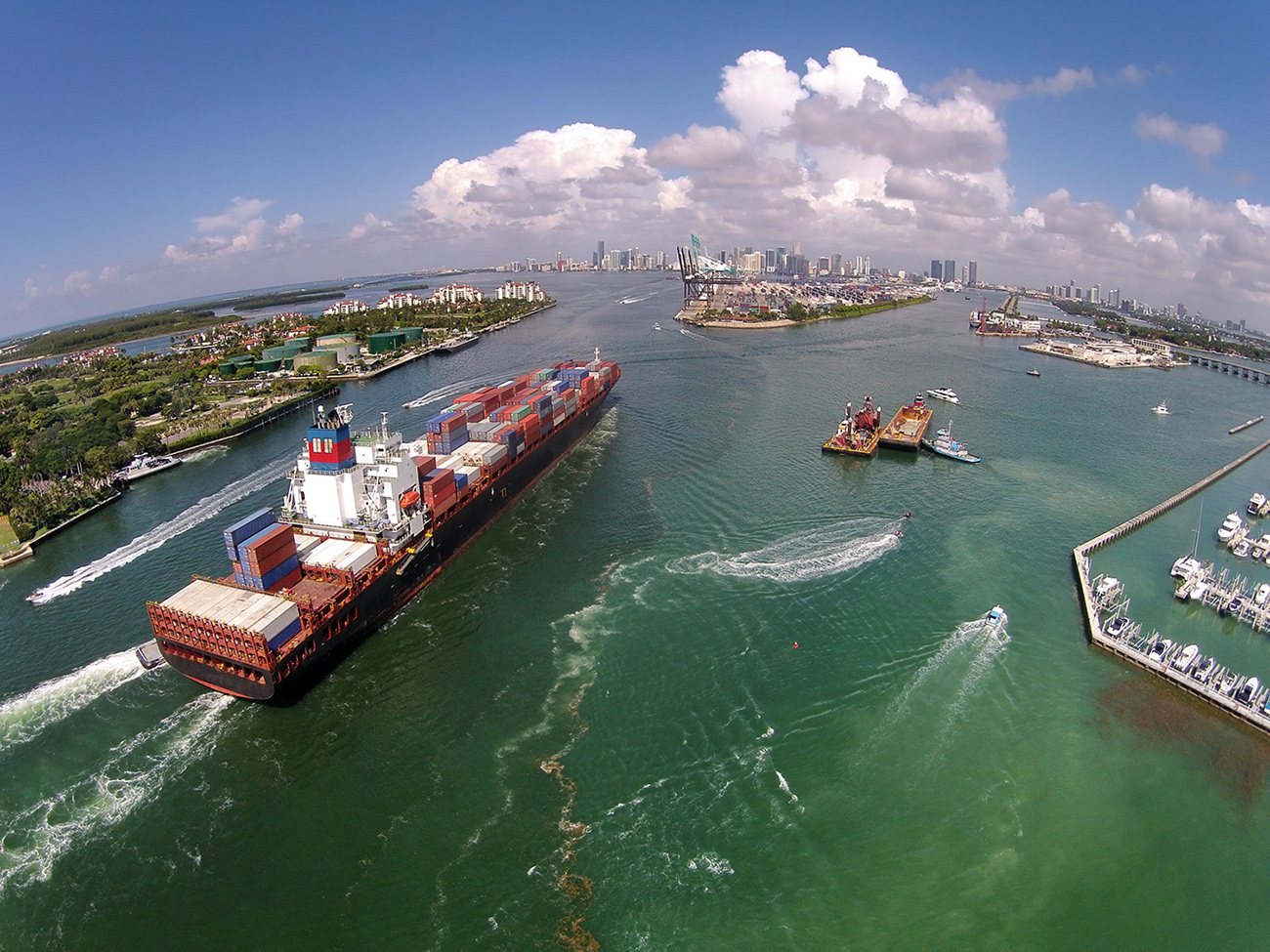
Guest post: Are trade agreements good or bad for the climate?

Susanne Dröge
10.28.16
Susanne Dröge
28.10.2016 | 11:51amSusanne Dröge is senior fellow at the German Institute for International and Security Affairs (SWP). Harro van Asselt is professor of climate law and policy at the University of Eastern Finland Law School and senior research fellow with the Stockholm Environment Institute. This guest post is a summary of their recent report for the Climate Strategies research network, of which they are both members.
Regional trade deals are often met with negativity by green groups because of potential contradictions with climate policy. And some World Trade Organisation (WTO) rules may be seen as hampering emission reductions.
But rather than focusing solely on what is wrong with the trade system, the debate should also focus on how governments could try to shape trade agreements to meet the goals of the Paris Agreement.
In our recent report for the Climate Strategies network we have analysed a number of options. Governments could ensure climate objectives are considered a legitimate departure from trade rules. They could also agree to facilitate trade in climate-friendly goods and services. And they could strengthen transparency on climate-related trade measures.
Legitimate concerns
There are legitimate concerns about the Trans-Pacific Partnership (TPP), the Comprehensive Economic and Trade Agreement (CETA) and the Transatlantic Trade and Investment Partnership (TTIP), particularly on investor-state dispute settlement systems.
Yet regional trade agreements can also include provisions on climate and environmental protection. Trade deals between industrialised countries often focus on reducing regulatory costs by aligning standards, as tariff rates are already low.
So these trade deals do have the potential to diffuse climate protection rules more widely, which would prevent the regulatory race to the bottom that many environmental organisations fear.
Meanwhile, there are a number of WTO disputes that deal with national renewable energy policies. The implementation of Nationally Determined Contributions under the Paris Agreement relies heavily on expanding renewable energy, so there may be more disputes to come.
Subsidies and local content clauses – which require that the technical components are home-made instead of imported – may end up being considered in conflict with WTO rules. This may be a challenge for countries like India that have for the first time taken on ambitious climate mitigation targets.
Towards a climate-friendly trade system
Changing trade rules will not be easy. But our research has highlighted several options. WTO members could declare that achieving climate objectives is considered to be a legitimate reason to depart from trade rules, provided that governments do not resort to blatant protectionism.
This need not be controversial, as this view is already commonly accepted in the rulings of the WTO dispute settlement mechanism.
Trade deals could support climate policy further by facilitating trade in climate-friendly goods and services. WTO members United States, China, the EU and Japan are negotiating an Environmental Goods Agreement which aims to remove barriers to trade in goods that are needed for environmental and climate protection.
A broader trade and climate agreement, covering a wide set of climate-friendly goods, services, technical regulations and standards, could further strengthen the promotion of climate objectives.
Another area in which countries can make more progress to serve both climate and trade goals is the removal of fossil fuel subsidies, which still outstrip renewable energy subsidies by at least a factor of four.
G20 nations have repeatedly promised to phase out these subsidies. Regional and multilateral trade agreements could, as a start, help improve transparency around who provides fossil fuel subsidies, and how much.
Finally, one of the biggest challenges in discussing climate and trade is a lack of information about trade-related climate policies. Countries may be – sometimes rightfully – concerned that trade-related climate measures adopted by other countries are protectionist measures in disguise.
However, rather than dragging each other to court over climate policies, governments could seek to use the WTO and the UN climate regime as forums to strengthen the transparency of trade-related climate measures and their potential impacts.
As governments proceed with implementation of the Paris Agreement, it will be important to ensure that trade policy is at the very least not a barrier to climate policy goals. And while there is undoubtedly a long way to go, governments should start thinking about how the trade agreements they negotiate can actually contribute to avoiding dangerous climate change.


